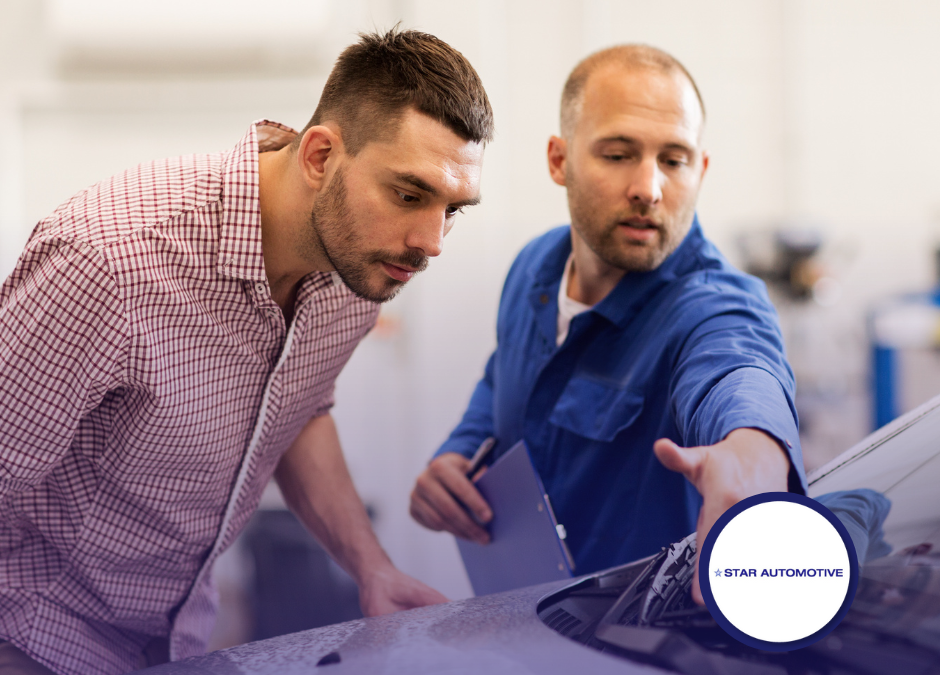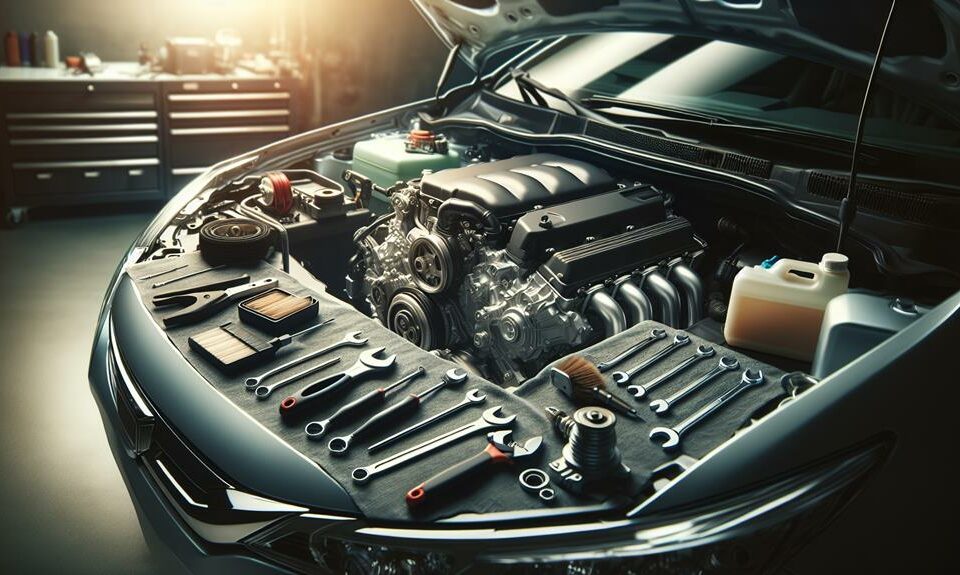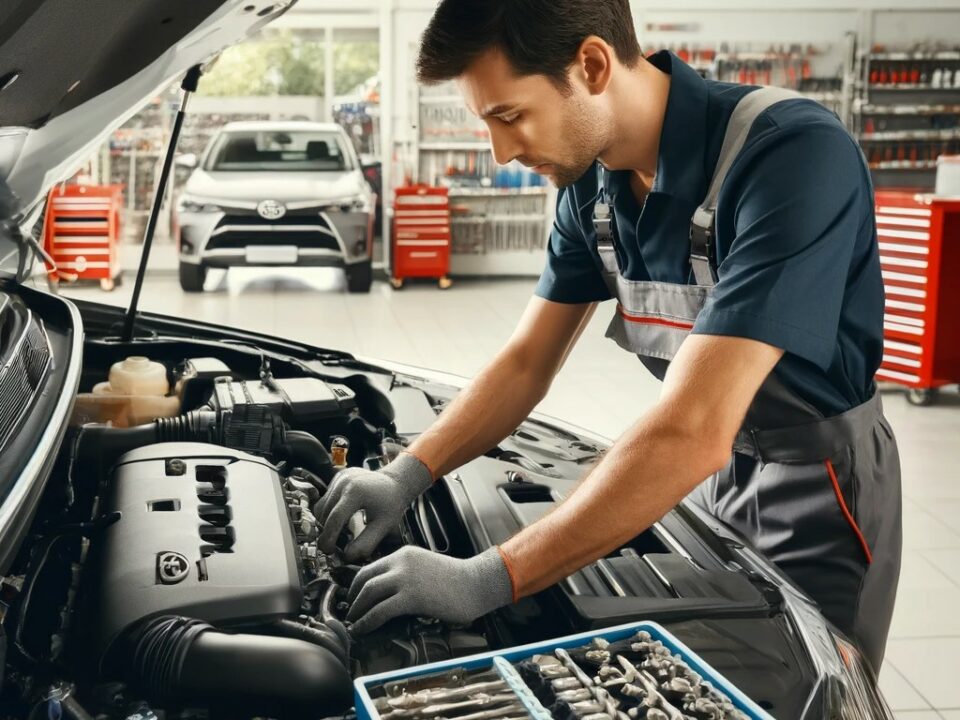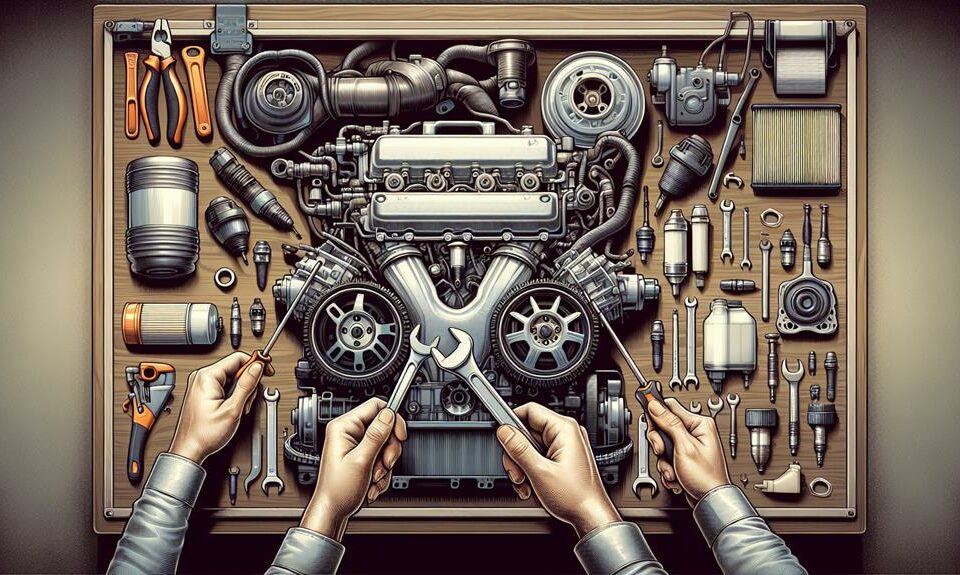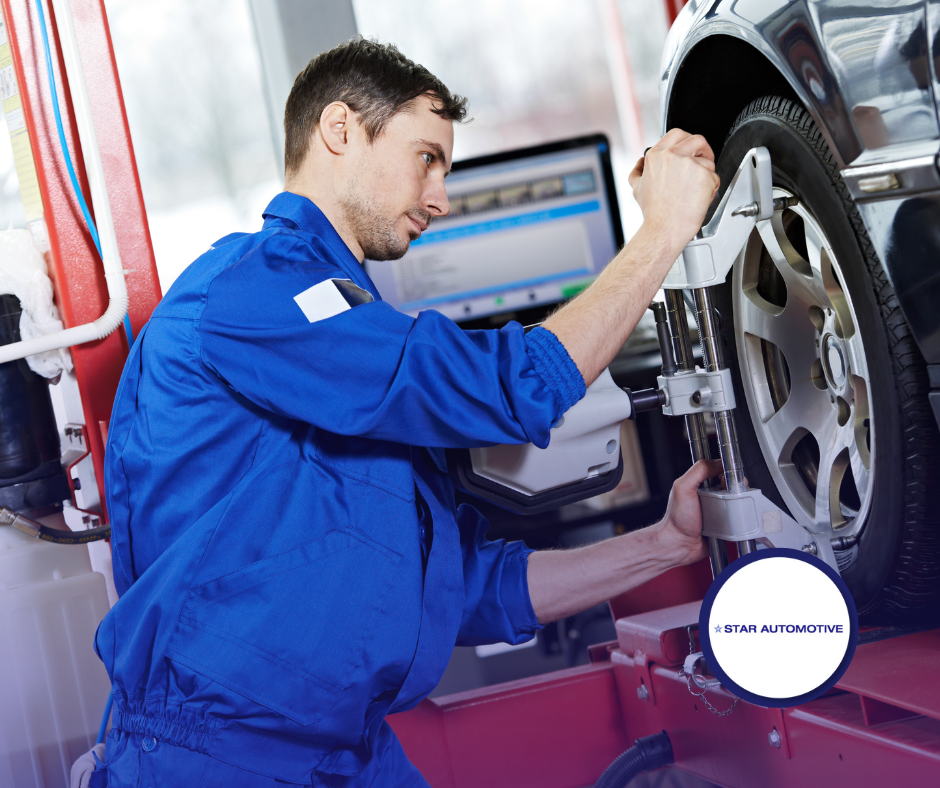
# Top 10 Common Engine Problems and How to Fix Them
January 9, 2024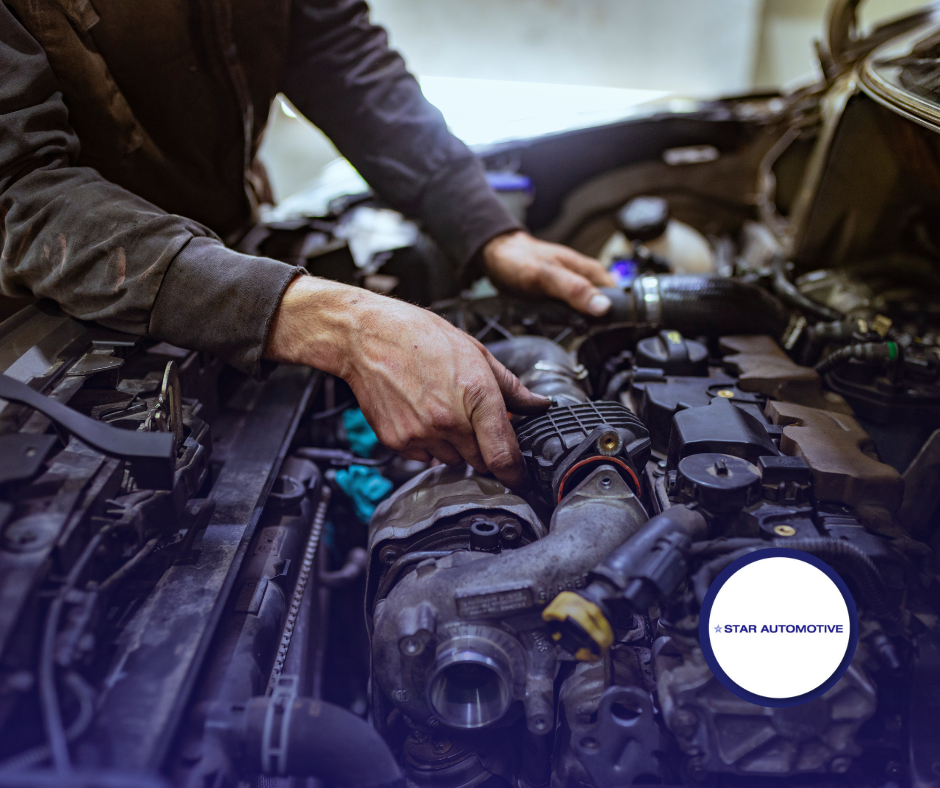
The Ultimate Guide to DIY Engine Maintenance: Tips From Expert Mechanics
January 9, 2024In the realm of automotive maintenance, a strong grasp of engine repair techniques stands as a critical skill. ‘Revving Up Your Knowledge: Essential Engine Repair Techniques’ aims to equip readers with an in-depth understanding of these methods.
This consummate guide delves deeply into the intricate workings of engine components, providing a comprehensive exploration of key repair strategies. Designed with a technical, detailed approach, this manual caters to both seasoned mechanics and aspiring enthusiasts, fostering a sense of community in the shared pursuit of auto mechanic mastery.
Engage with this guide to enhance your proficiency and join a fellowship of individuals dedicated to the art of engine repair.
Understanding Basic Engine Components
To effectively repair an engine, one must first delve into the identification and function of its fundamental components. Each piece, from the crankshaft to the pistons, valves, and camshaft, contributes to the internal combustion process that drives your vehicle. Understanding these components and their interplay is crucial for effective diagnosis and repair.
The crankshaft, for instance, converts linear motion into rotational motion, powering the vehicle’s wheels. The pistons, situated within the engine’s cylinders, move up and down, compressing the air-fuel mixture. When ignited by the spark plug, this mixture explodes, pushing the piston down and turning the crankshaft.
Mastering Essential Repair Techniques
How, then, can one master the essential repair techniques that will enable efficient and effective engine maintenance and repair? The answer lies in gaining a deep understanding of the engine’s intricate systems and the problems they can encounter.
Begin by familiarizing yourself with various engine components such as the crankshaft, camshaft, valves, and pistons. Understand the role each part plays and the potential issues that can arise.
Next, acquire hands-on experience. No amount of theoretical knowledge can replace the value of practical application.
Master diagnostic skills, including the use of diagnostic tools and reading engine codes. Keep updated with the latest repair techniques. Attend workshops, read technical manuals, and join auto mechanic communities.
The goal is not just to fix, but to optimize, extending the engine’s life and performance.

